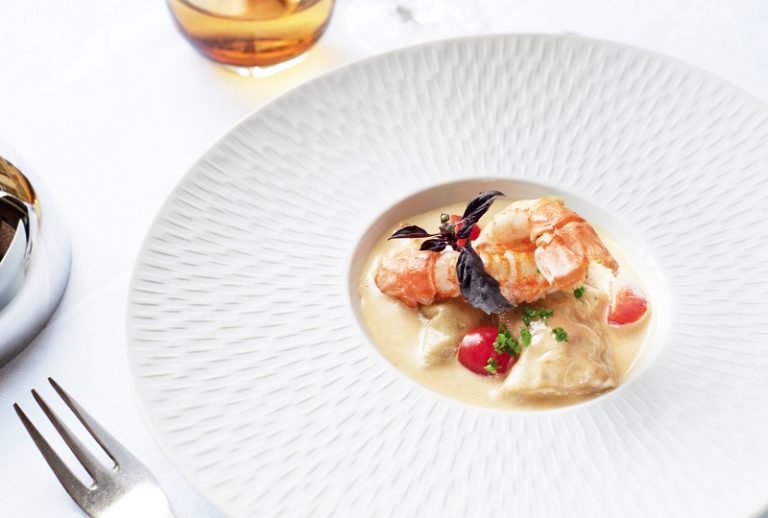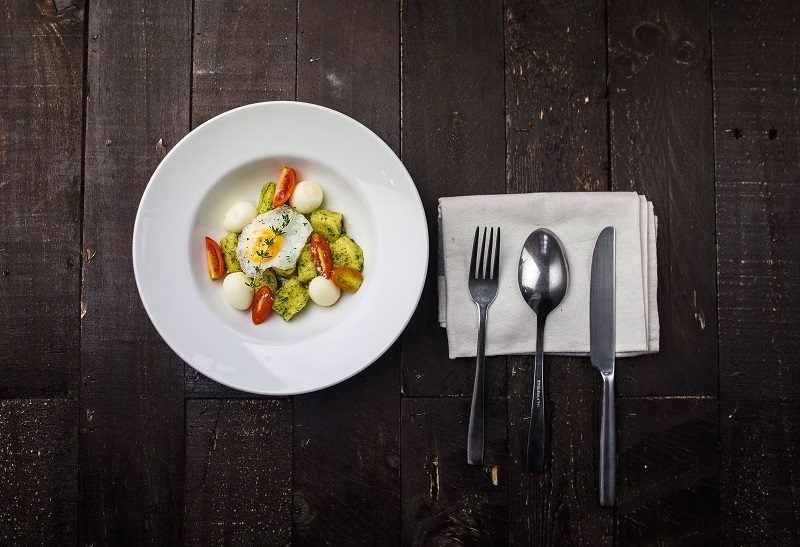Do you want to live longer and enjoy a healthy lifestyle beyond 100? By learning to identify the cues to help you stop eating before you feel full, you may get healthier and live longer.
What lifestyle practices do Centenarians in Japan have in common?
Living beyond the age of 100 is a part of life for many southern Japanese people living in the beautiful Okinawa prefecture. The white sandy beaches and sparkling azure waters cited in travel articles as a feature of the Okinawa islands are located south of Japan.
Apart from being an idyllic island holiday destination, Okinawa has earned a reputation for being home to the highest concentration of healthy seniors aged one hundred years old or more!

An ongoing longitudinal study called the Okinawa Centenarian Study has revealed some interesting observations about some of the shared genetic factors and lifestyle practices of Centenarians and older people with good health.
While you can’t do much about the genetics you’ve inherited, you may be able to add years to your life by tweaking your lifestyle.
Hara hachi bu is an eating practice followed by many of the Okinawa Centenarians in the study.
We liked what we found because this is a practice any of us can adopt. It doesn’t require stocking up on books and research but is all about becoming more aware of how full you feel when you eat.
In this article, we’re going to show you how you might be able to add years to your life span by following this Confucian practice.
What is hara hachi bu or hara hachi bun me?
“Eight parts of a full stomach sustain the man; the other two sustain the doctor. Or if you only eat until you feel eight tenths full, you won’t need a doctor.”
– western interpretations of a Japanese proverb
Hara hachi bu or hari hachi bun me is a philosophical and pragmatic approach to enjoying a meal. It means only ever eating until you feel eight tenths full.
Here are some tips on how you can adopt hara hachi bu into your lifestyle and potentially live longer.
Tip #1 to live longer: serve your meals on smaller plates and bowls
For anyone that has enjoyed a portion controlled program such as Lite n’ Easy, smaller servings of food can be just as, if not more, satisfying than piling up a large plate. Go through your cupboards and find smaller sized dinner plates and bowls than what you’ve been using. Start using them!
Invest in some beautiful serving ware. Introduce lots of colour into your choice of fruit, vegetables and fresh herbs. Eating a beautifully, presented colourful meal, can make you feel like you’re really treating yourself without compromising your health.
My husband and I were drinking far too much milk in our coffees throughout the day. After reading about the practice of not eating and drinking to full capacity, we got rid of our big coffee mugs and found some aesthetically pleasing smaller coffee cups. We’ve cut our milk purchases in half and feel less bloated!
Tip #2 to live longer: slow down your eating
If you always feel like you need seconds after you’ve finished your meal, chances are you’ve not given your brain a chance to register that you’ve eaten.
As food passes through the ingesting and digestive process, hormones are released into your bloodstream. Some of these hormones send signals to the satiation centre of your brain to register that food has entered your body! Most health articles advise this process can take at least twenty minutes from the time you start eating. So, if you inhale a meal in five minutes – it is easy to think you need a second serving!
It is far easier to reduce the amount of food you eat in one sitting, if you slow down your eating. Try putting your cutlery down on the table in between each mouthful, and don’t pick them up again until you’ve finished chewing and swallowing.
Another strategy that works well is to stop for a few minutes when you’ve got half way through your meal. Put down your cutlery. Start a conversation. Simply slow down the last half of your meal.
Source: Livestrong > Article > How long does it take your brain to register that your stomach is full.
Tip #3: get comfortable with leaving some food on your plate
I was brought up with the mantra ‘you’re not leaving this table until you eat everything on your plate’. My parents were brought up with the same ‘waste not, want not’ approach to eating – and as we now understand, a lot of that stemmed from back in the depression years where food was scarce. It wasn’t until a degree in Psychology turned into a weight loss counselling career when I realised that leaving food on your plate was not actually wasting food – serving it up was.
If you’re a fully grown adult and you eat to a point where you feel full and then keep going, the kilojoules end up going to waste on your body instead of in the compost heap, or bin!
Best to serve smaller portions in the first place, but when the serving size is outside of your control – for example when you’re dining out – aim to finish eight tenths of the serving at most. You’ll feel better for it.
Tip #4: plan a portion controlled grocery trip
The easiest way to reduce the portion size of your meals is to bring less food in to your home each week. If you always buy 500 grams of minced meat, try buying 350 grams instead. If you’d normally roast a 1.2 kilogram chicken, choose an 800 gram chicken.
We’ve applied this in our home, and not only are we eating less, feeling healthier and not missing the few hundred grams extra each serve, we’re saving money too!
Tip #5: think about how great you’ll feel if you don’t feel full
I grew up in a regional city where all-you-can-eat smorgasbords were a popular night out for families. We would encourage one another to pile up our plates, and then follow it with lashings of dessert goodies afterwards. I still remember how incredibly blah I would feel on the way home.
Setting a self-disciplinary goal like eating until you feel almost full and then achieving it at each and every meal will feel fantastic. You may even feel light enough on your feet to follow a meal with a healthy walk or activity.
And maybe you’ll live longer!






